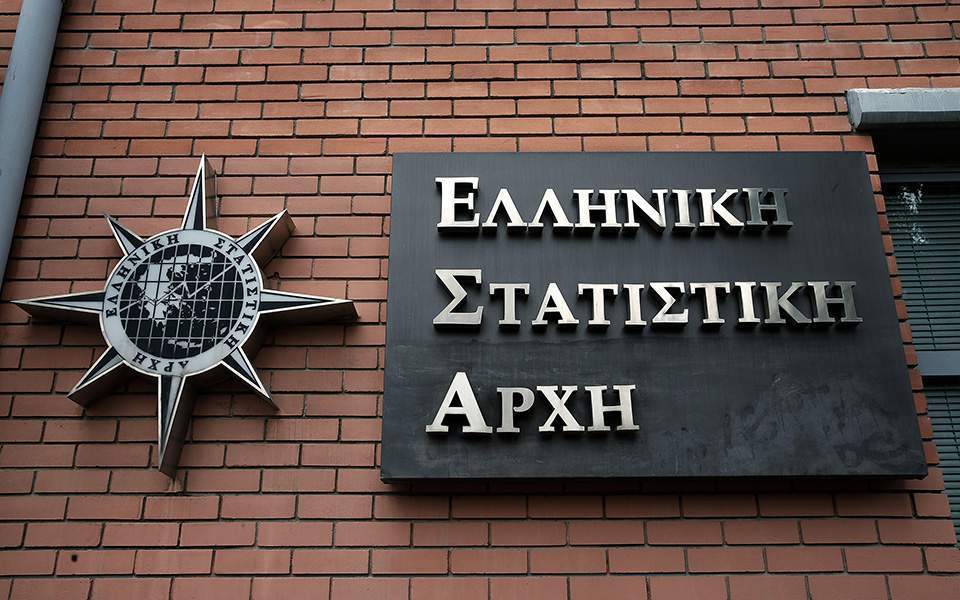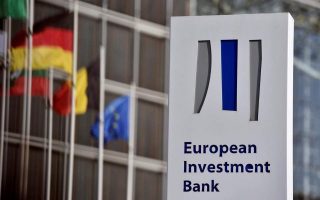V-shaped recovery last year
Greek economy recorded a rebound of 8.3% in 2021, but the outlook for 2022 is not at all clear

Greece secured an almost full recovery of its gross domestic product last year, as it followed up the 9% contraction of 2020 with a rebound of 8.3% in 2021 – just shy of the latest estimates for 8.5% – according to the Hellenic Statistical Authority on Friday, as the Greek economy faces new challenges from the Russian invasion of Ukraine and soaring inflation.
In volume terms, Greek GDP rose to 181 billion euros in 2021, from €167.3 billion in 2020. The last quarter of the year showed an annual rise of 7.7%, though on a quarterly basis the increase was only 0.4%, a development partly attributed to the appearance of the Omicron variant of the coronavirus at that time. Net final consumption rose in Q4 by 8.8% year-on-year, and gross investment soared 24.1%, the same as exports of goods and services. Imports jumped 33.2%.
However, Finance Ministry officials speak of an unknown outlook for this year, as they get down to planning new support measures for vulnerable households and the economy in general.
According to the baseline scenario, the impact of the war in Ukraine on GDP will amount to 1%, while the budget will take a blow of €1.5-2 billion, depending on the course of energy rates.
“At least the war will not sink us into recession,” ministry officials say. Their adverse scenario points to growth at just 2.5%, from a budget forecast for 4.5%.
On the issue of inflation, Minister Christos Staikouras is for now in tandem with European Commission estimates of 3.1% for the EU-harmonized index and 3.5-4% for the national index. However, that may easily take a turn for the worse as energy rate, and wheat and food prices go up.
Given this situation, officials stress that the government will take one step at a time, introducing only the absolutely essential measures, such as the profit margin ceiling on fuel and food, and the extension of electricity bill subsidies.
Athens will therefore wait before resorting to any drastic interventions of support in the economy, given also that its fiscal leeway has already run out and it needs to contain its primary deficit.





